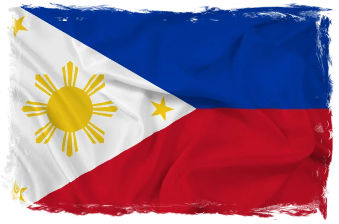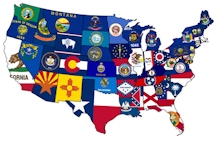 Do you need to apostille your documents for the Philippines?
Do you need to apostille your documents for the Philippines?
To apostille a document for use in the Philippines, you will need to follow these steps:
Determine if your document is eligible for apostille. Only certain types of documents are eligible for apostille, such as notarized documents (Special Power of Attorney), academic records, and official government documents (Example: Birth, Divorce, Marriage, Death). Check with the relevant Philippine authority to confirm whether your document is eligible.
Obtain a certified copy of the document. This can usually be done by contacting the issuing authority or the notary who signed the document. For example, if you were born in the California, you can contact the County Clerk’s office for instructions on how to obtain a new certified copy of the birth certificate.
Get the document authenticated by the appropriate state or federal authority. In the United States, this is typically the Secretary of State’s office.
Documents originating from or notarized from a specific state must also obtain the apostille from the state state. A special power of attorney notarized in California can only receive the apostille from the California Secretary of State’s office.
For documents originating from or notarized in Washington, D.C. please contact our Washington, D.C. office for assistance.
Washington DC Apostille
1-888-810-4054
support@washingtondcapostille.com
An Apostille is a certificate issued by a country that is a party to the Apostille Convention to authenticate the origin of a public document to be used in another country that is also a party to the Convention. The Philippines became a party to the Apostille Convention on May 14, 2019. Authentication of Philippine documents for use abroad is still necessary, but with an Apostille instead of an Authentication Certificate (“red ribbon”) as proof of authentication.
For example, to apostille your special power of attorney for the Philippines, the apostille attached by the state office is sufficient and you no longer require Embassy or Consulate legalization.
The Apostille streamlines the authentication process for documents to be used abroad, resulting in more convenience, less cost, and processing time for applicants.
Obtaining an apostille for the Philippines can be complicated. Don’t leave this process to untrained employees or non-professionals who do not fully understand the Apostille process and the unique requirements of certain countries. Your paperwork could be rejected costing you time and money. Don’t let this happen to you!

















Speak Your Mind